Recent Cat Food Recalls
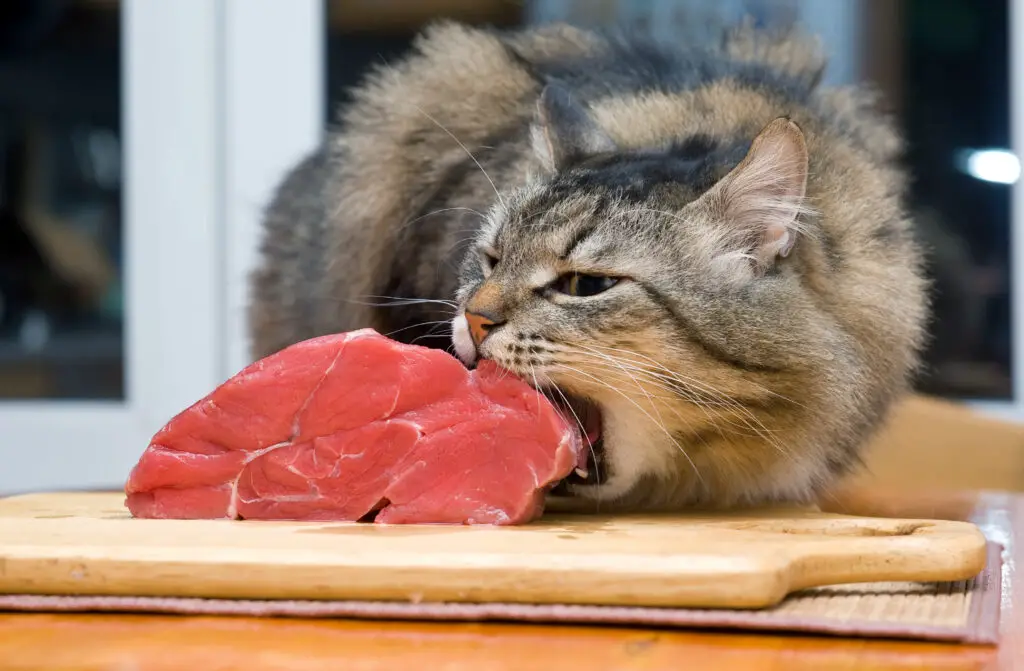
Two major raw pet food brands, Monarch Raw Pet Food and Northwest Naturals, have issued recalls after their products tested positive for the H5N1 bird flu virus. According to the FDA and CDC, Monarch Raw Pet Food, a staple at farmers’ markets in California, was linked to a confirmed case of bird flu in a Los Angeles County cat. Meanwhile, Northwest Naturals voluntarily recalled its Feline Turkey Recipe raw frozen pet food after a cat in Oregon succumbed to the virus. Both incidents highlight the risks of feeding pets raw meat, especially during outbreaks of avian diseases.
The recalls have sparked nationwide concern as contaminated products could potentially infect not only pets but also humans who handle the food. Both companies have urged pet owners to dispose of affected products immediately and to contact their points of purchase for refunds. Public health officials are stressing the importance of hygiene when handling pet food to prevent cross-contamination and reduce exposure risks. Source
Monarch Raw Pet Food Incident
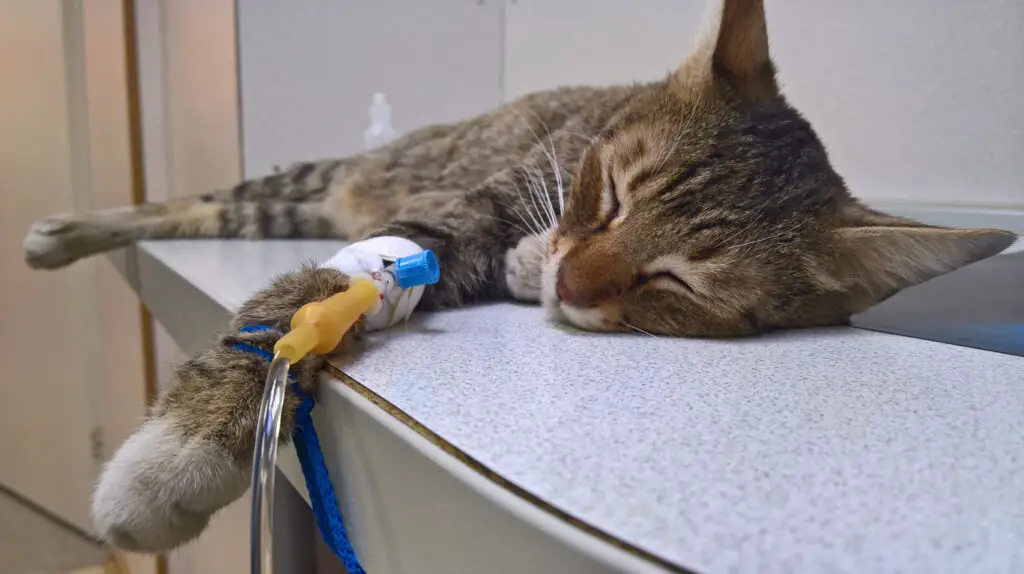
Monarch Raw Pet Food faced backlash after a house cat in Los Angeles tested positive for bird flu. The cat, which had been fed Monarch’s raw poultry products, developed severe respiratory symptoms and died shortly afterward. Public health officials identified the contaminated food as the source of infection, leading to an immediate recall of all Monarch Raw Pet Food sold at California farmers’ markets.
Experts have long warned against the risks of feeding pets raw diets, citing bacterial contamination and now, viral infections. Los Angeles County health authorities have strongly advised pet owners to avoid raw pet food until the outbreak subsides. Disinfecting food bowls, utensils, and feeding areas is essential to prevent further exposure. Monarch has since ceased operations temporarily to address safety concerns, but this case highlights the growing need for stricter regulations on raw pet food products.
Northwest Naturals Recall
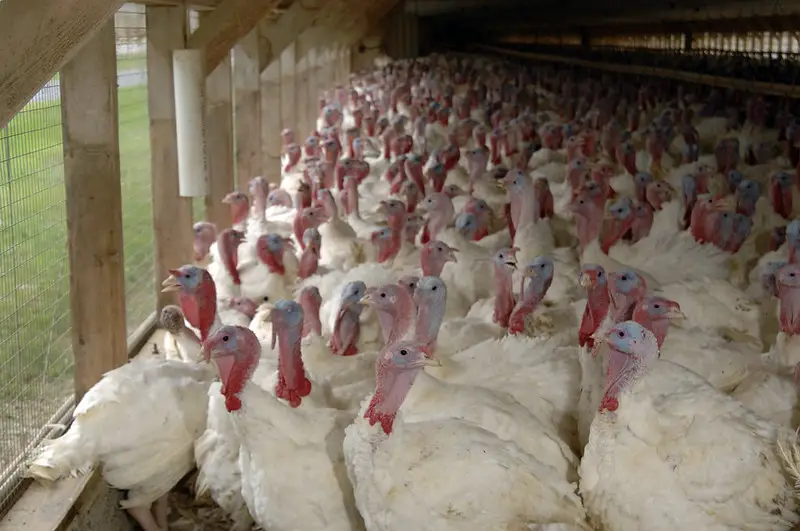
Northwest Naturals’ Feline Turkey Recipe raw frozen pet food was recalled following the death of a Washington County, Oregon, house cat. Tests confirmed that the product contained the H5N1 virus, prompting the company to issue a nationwide recall. The affected food was sold in 2-pound bags with specific lot numbers and distributed across the U.S. and Canada.
The cat’s death serves as a stark reminder of the dangers posed by contaminated raw pet food. Veterinarians in Oregon have urged pet owners to monitor their cats for respiratory symptoms and avoid feeding raw meat entirely. Northwest Naturals has since increased testing protocols to ensure product safety moving forward. However, this incident has reignited debates about the safety of raw diets, particularly during avian flu outbreaks. Public health officials are calling for greater oversight of the pet food industry to prevent similar tragedies. Source
Distribution and Reach
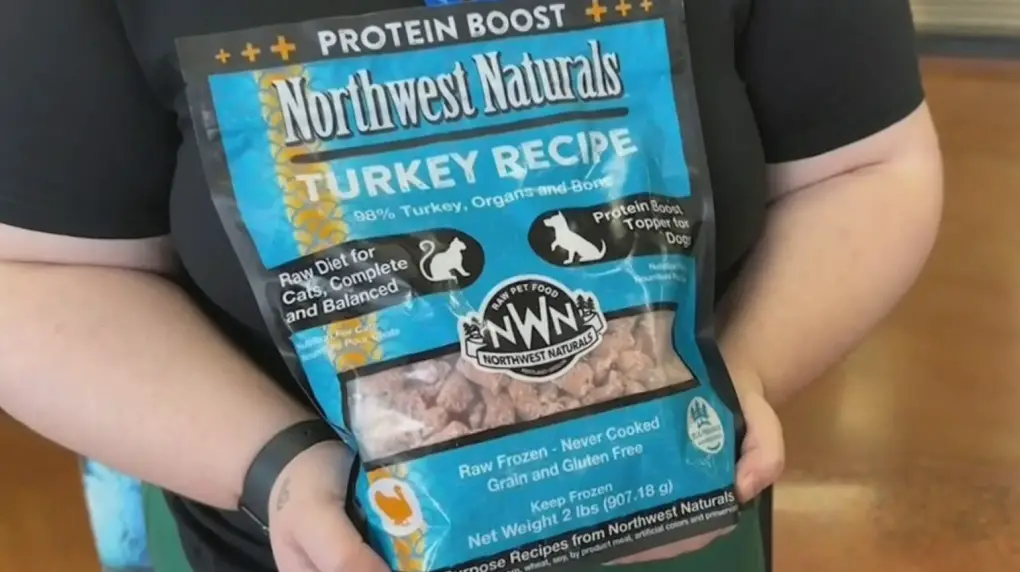
The recalled Northwest Naturals product was widely distributed across the U.S., reaching at least 12 states including California, Colorado, Florida, Michigan, and Washington. It was also sold in British Columbia, Canada, adding an international dimension to the recall. With such extensive reach, the potential for widespread exposure is significant, raising alarms among both veterinarians and pet owners.
Consumers in affected regions are being urged to dispose of the recalled product immediately. Health officials at the FDA (Food and Drug Administration) recommend double-bagging the food before discarding it to avoid potential cross-contamination. Additionally, any surfaces, utensils, or feeding bowls that may have come into contact with the product should be disinfected thoroughly. This widespread recall has underscored the vulnerabilities of supply chains, particularly for raw pet food, which lacks the safety barriers of cooked or processed alternatives.
Health Risks to Cats
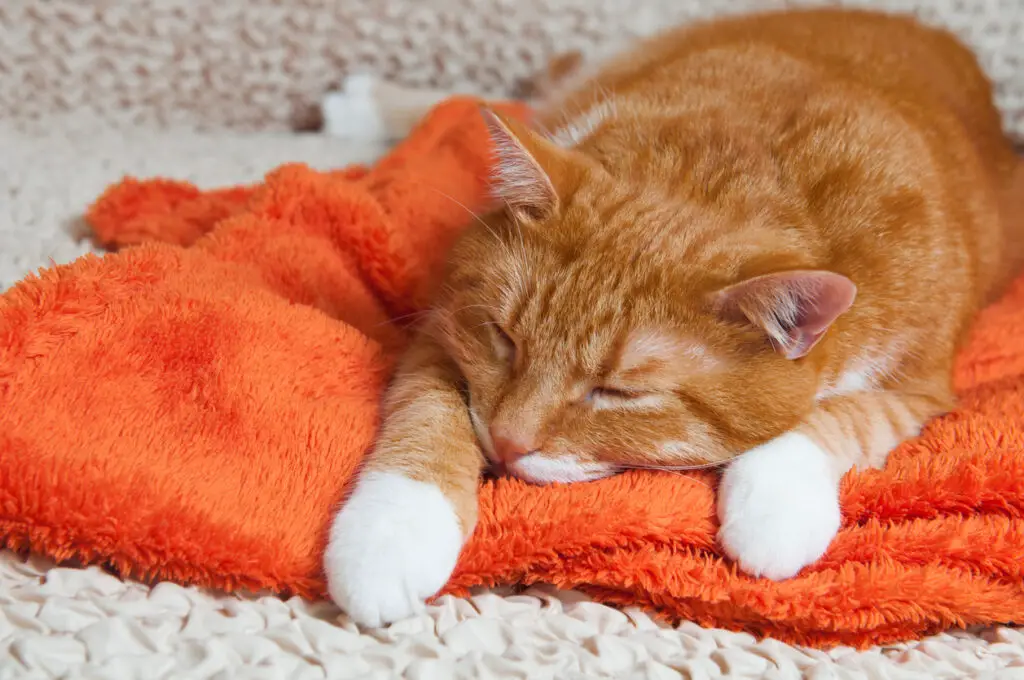
The LA County for Public Health states that cats are highly susceptible to the H5N1 bird flu virus, which causes rapid respiratory decline and often proves fatal. Infected cats typically exhibit symptoms like fever, sneezing, lethargy, and difficulty breathing. Advanced cases may involve neurological symptoms such as seizures or disorientation. Death can occur within 24–48 hours of symptom onset, leaving little time for intervention.
The virus primarily spreads through contaminated food or direct contact with infected birds. The AVMA (Animal Veterinary Medical Association explains that research has shown that cats lack natural immunity to avian flu strains, making them particularly vulnerable. Veterinarians recommend isolating symptomatic cats from other pets and seeking immediate medical attention. While there is no specific antiviral treatment for cats, supportive care such as fluids and oxygen can occasionally help. Pet owners are advised to remain vigilant, particularly during outbreaks, and to avoid feeding raw or undercooked animal products altogether.
Human Health Implications
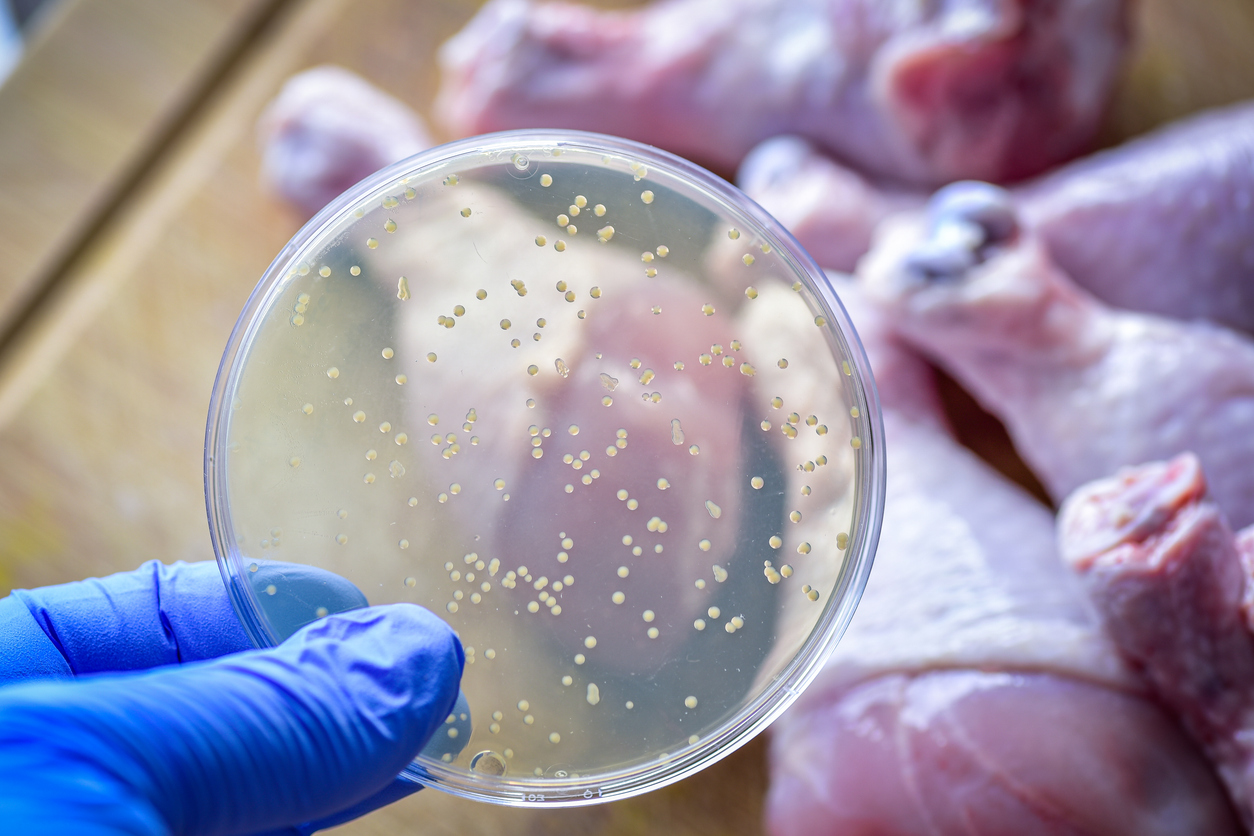
While the risk of H5N1 transmission to humans is considered low, it is not negligible. Handling contaminated pet food or caring for infected animals poses potential dangers. Infected humans typically experience flu-like symptoms such as fever, cough, and muscle aches, but severe cases can lead to pneumonia or even death.
Public health officials have issued guidelines for safe handling of pet food, recommending gloves and thorough handwashing after feeding pets. Additionally, people exposed to infected cats are being monitored for symptoms. The Centers for Disease Control and Prevention (CDC) emphasizes that while human-to-human transmission of H5N1 remains rare, vigilance is key during outbreaks. Proper hygiene practices and avoiding high-risk products like raw pet food can significantly reduce the likelihood of infection.
Recommendations for Pet Owners
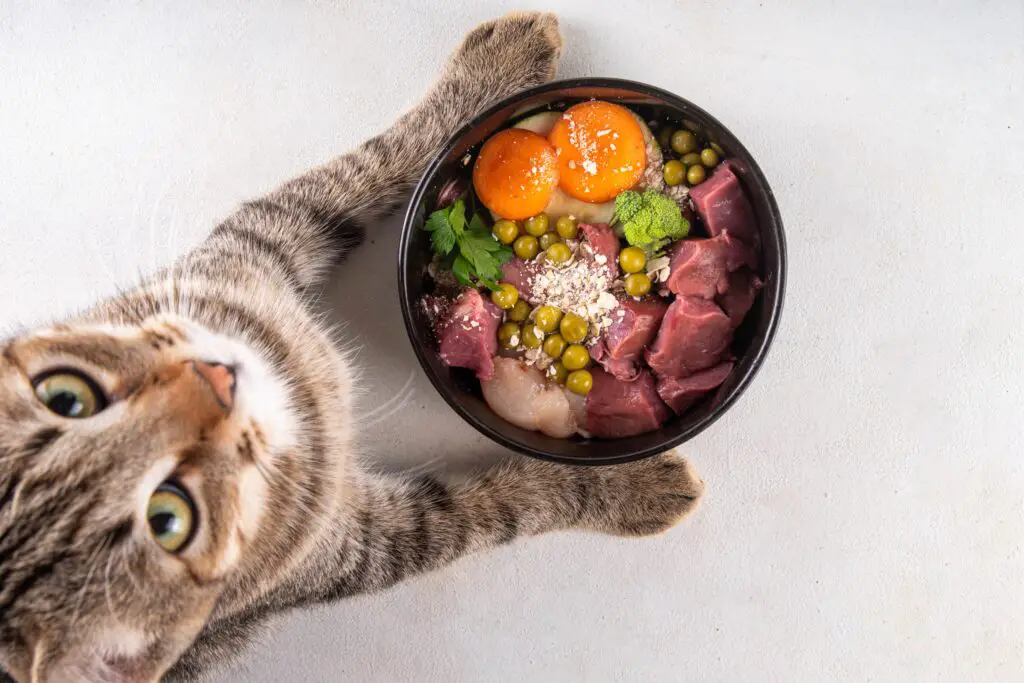
Pet owners are strongly advised to avoid feeding raw or undercooked animal products to their pets, particularly during outbreaks of diseases like bird flu. Cooked pet food products undergo high-temperature processing, which eliminates pathogens like H5N1. In contrast, raw diets carry inherent risks, as they lack the safeguards provided by heat treatment. Experts also recommend keeping cats indoors to minimize their exposure to infected wildlife or contaminated environments.
Disposing of recalled products properly is another crucial step. Health officials recommend double-bagging contaminated food and placing it in outdoor trash bins to prevent potential exposure to other animals. Disinfecting food bowls, feeding surfaces, and storage containers with bleach or veterinary-grade cleaners can further reduce risks. In areas with confirmed outbreaks, regular veterinary checkups and immediate reporting of unusual symptoms are highly encouraged. Taking these precautions can significantly reduce the likelihood of exposure to this deadly virus. Source
Impact on Wildlife and Other Animals
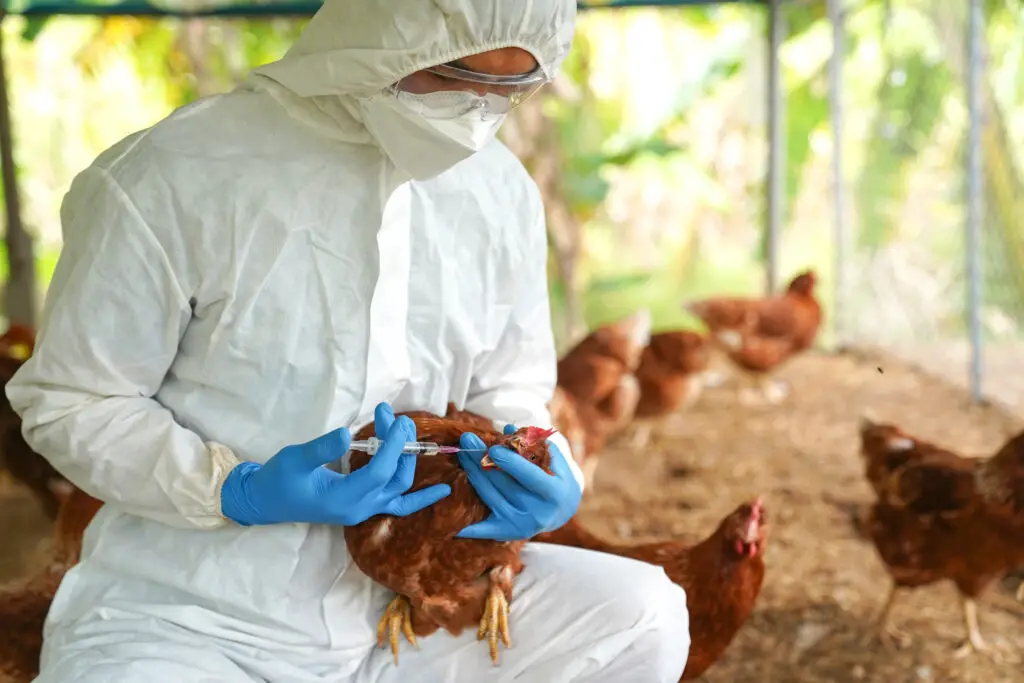
The H5N1 bird flu outbreak is not limited to domestic cats; it has also had devastating effects on wildlife and other mammals. Big cats, such as lions and tigers in sanctuaries, have fallen victim to the virus after consuming contaminated meat. In Washington state, an animal sanctuary reported the deaths of over 20 big cats, all traced back to infected poultry.
Wild birds have also been heavily affected, with millions of deaths reported globally since the outbreak began. Mammals like foxes, seals, and even bears have tested positive for the virus, demonstrating its ability to cross species barriers. This growing list of affected animals highlights the adaptability and lethality of H5N1. Experts are closely monitoring the virus’s evolution to assess its potential to infect even more species. These findings underscore the importance of addressing bird flu as both a veterinary and wildlife conservation issue. Source
Ongoing Monitoring and Research

Public health officials and researchers are intensively studying the current bird flu outbreak to better understand its spread and mitigate risks. Genome sequencing of the virus has revealed subtle mutations that enhance its ability to infect mammals, raising concerns about its future impact. Surveillance programs are in place to monitor outbreaks in wild bird populations, domestic poultry farms, and pet food supply chains.
Dr. Emma Hughes, a virologist studying zoonotic diseases, recently emphasized the importance of rapid response measures, such as quarantines and recalls, to limit the virus’s spread. Infected areas are being closely monitored, and international organizations like the World Health Organization (WHO) are working with local agencies to coordinate response efforts. Researchers are also exploring potential antiviral treatments for animals, including cats, to provide more options during outbreaks. This ongoing vigilance is critical in reducing the devastating impact of H5N1 on both animals and humans. Source
Preventative Measures
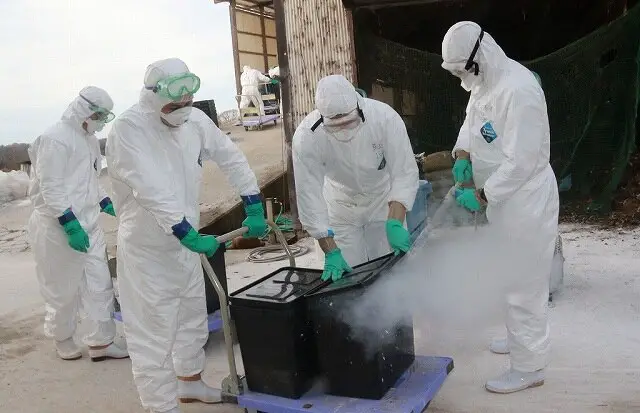
To protect pets and reduce the risk of H5N1 infection, preventative measures are critical. Experts advise feeding pets cooked or commercial pet food, as these undergo rigorous safety checks and heat treatment to eliminate pathogens. Keeping cats indoors is another effective strategy, as it reduces their chances of encountering infected wildlife or contaminated environments.
Regular vet checkups and vaccinations against common feline diseases can strengthen a cat’s overall immune system, making it less vulnerable to secondary infections. Pet owners should also stay updated on local health advisories and recalls, ensuring they avoid high-risk products. Simple practices like handwashing after handling pet food, wearing gloves during cleanup, and disinfecting surfaces regularly can go a long way in minimizing risks. By staying informed and taking practical steps, pet owners can significantly reduce the chances of their pets contracting H5N1 or other zoonotic diseases. Source
Conclusion: Vigilance is Key
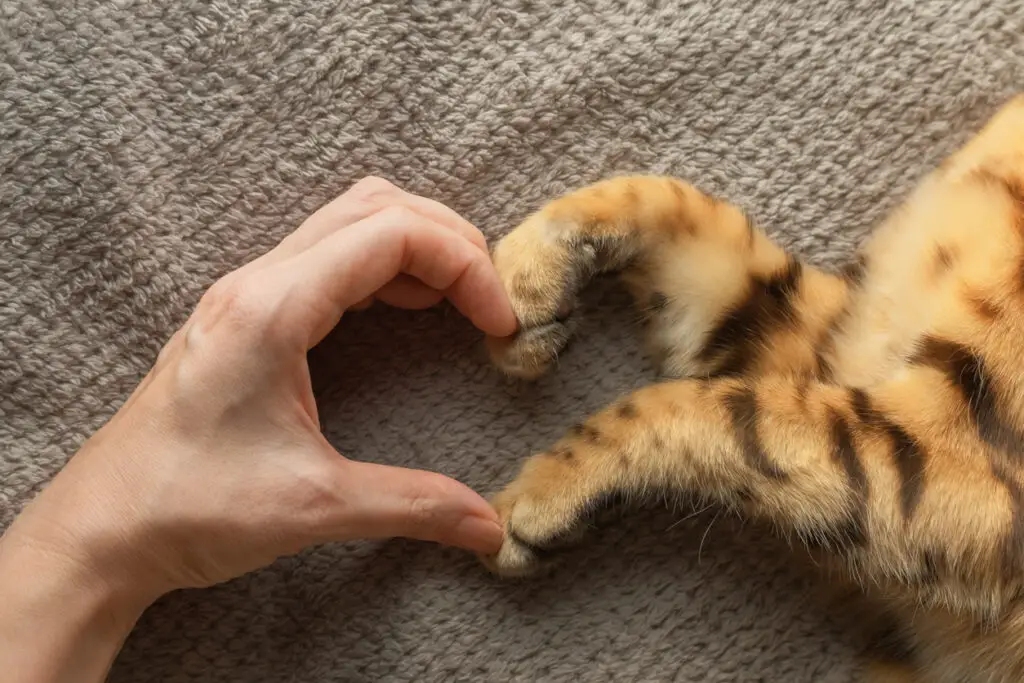
The recent bird flu outbreak and related pet food recalls serve as a stark reminder of the interconnected nature of human, animal, and environmental health. While the risk to humans remains low, the rapid spread of H5N1 among animals highlights the need for heightened awareness, better regulation of raw pet food, and improved biosecurity measures. By staying informed, following safety guidelines, and consulting experts, pet owners can play a crucial role in protecting their pets and preventing further spread of this deadly virus.
Call to Action: Protect Your Pets
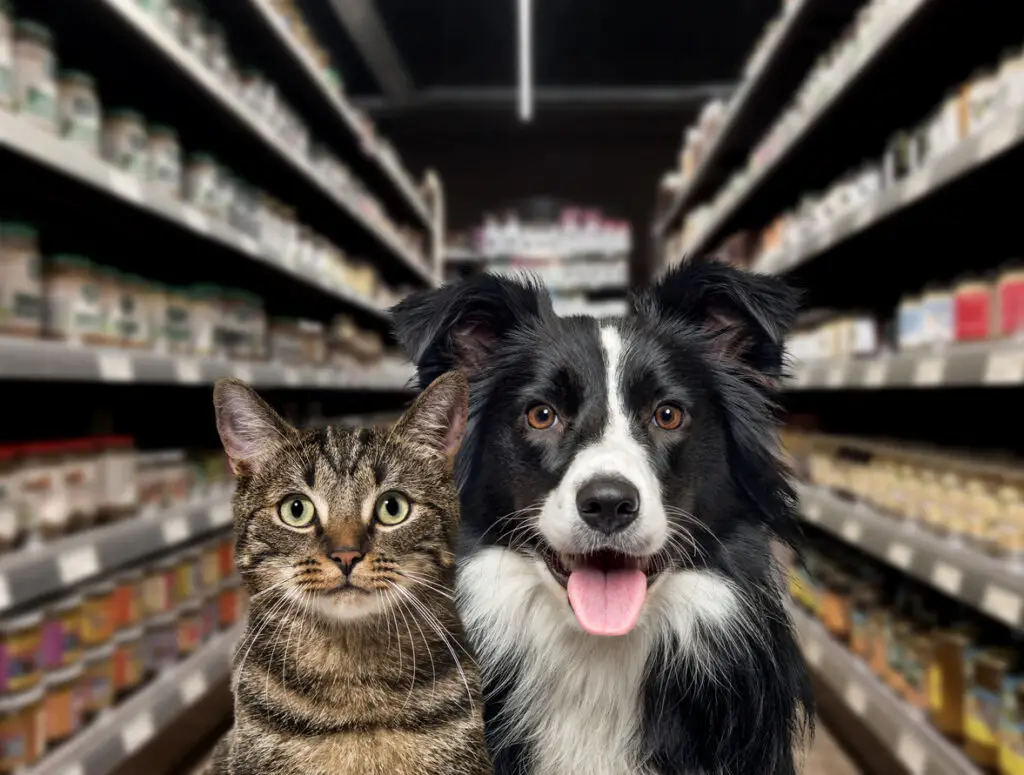
As a pet owner, you play a critical role in protecting your furry companions and preventing the spread of bird flu. Start by reviewing your pet food supply to ensure you’re not using any recalled products. If you are, dispose of them properly, disinfect feeding areas, and consider switching to cooked or commercially processed pet food, which is safer than raw options. Monitor your pets for symptoms such as lethargy, respiratory distress, or loss of appetite, and contact your veterinarian immediately if you notice anything unusual. Staying informed is equally important—follow updates from trusted sources like the CDC, FDA, or your local health department to keep up with recalls and outbreak news. Taking these simple steps can safeguard your pets and help prevent further spread of this deadly virus.


